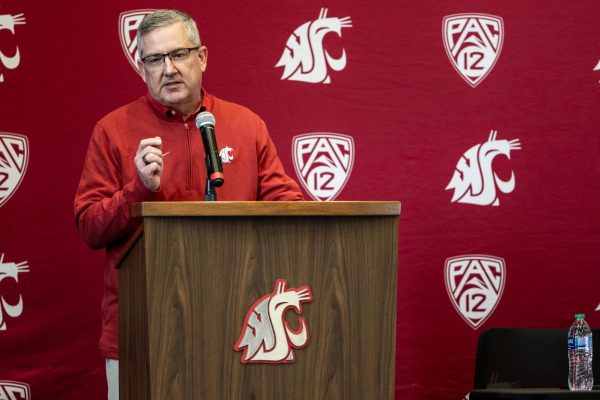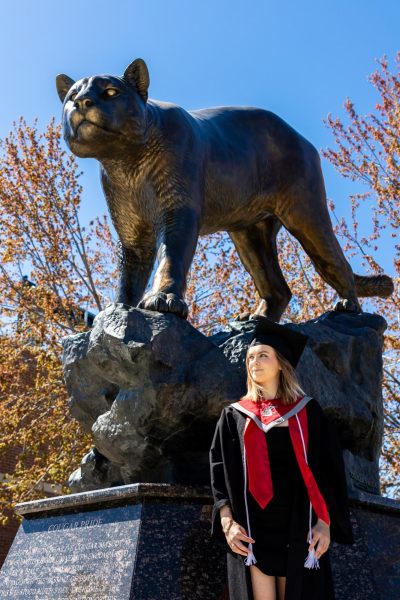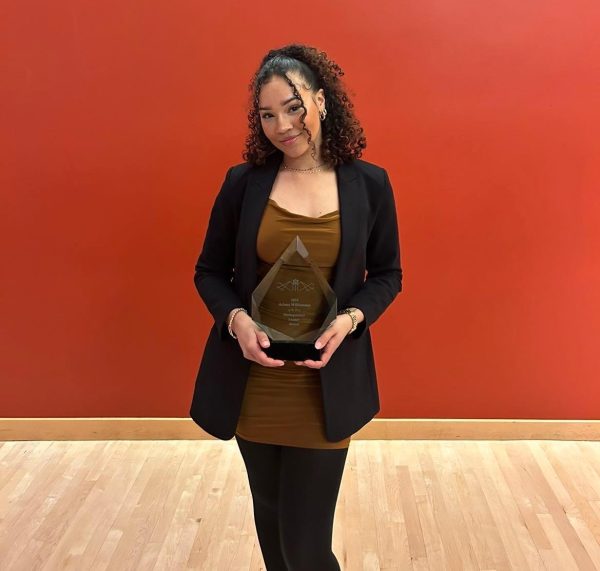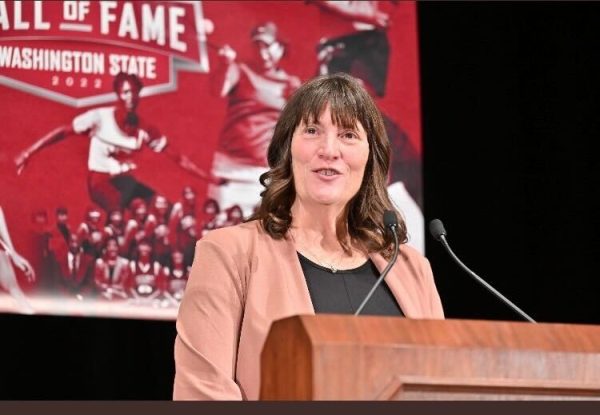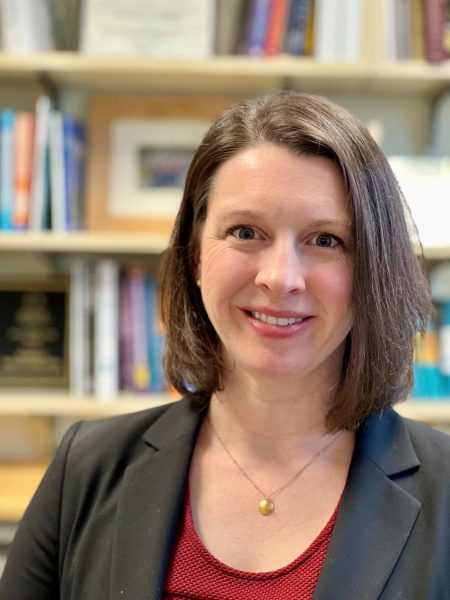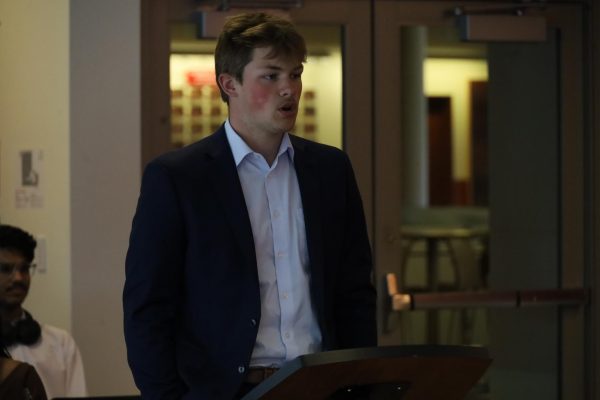Students political groups hold tri-party debate
April 21, 2017
The leaders of three student political clubs, hosted by the Young Americans for Liberty, debated border security and multi-party systems on Thursday in the CUB Auditorium.
Young Democrats Vice President Andy Huang, College Republicans President James Allsup and Andrew Luedeke, a Young Americans for Liberty member, explained their views on the direction the U.S. is heading.
Luedeke said he believes the U.S. should be allowed to vote in a multi-party system and that the country is advancing socially toward that endgame. He said he believes the country is becoming more socially liberal and fiscally conservative.
Allsup said that in an ideal world, the U.S. would have a multi-party system set up similarly to those in the U.K., France and Germany.
“I’d love to see a viable third party, but I don’t think there ever will be in America,” he said.
He said it is better for people to devote resources to influencing the current two parties, like the Tea Party influenced the Republicans and Bernie Sanders influenced the Democrats.
Luedeke noted Ross Perot, who polled 19 percent of the vote in 1992, as proof that third-party and independent candidates can garner significant voter support.
Huang said he has worked with several campaigns statewide and believes Bernie Sanders winning the state primary is an important step toward increasing voter turnout at a grass roots level.
Allsup disagreed with the use of voter turnout as a metric, saying many voters are uneducated in civics.
“If you want to win a campaign,” Allsup said, “you mobilize your voters, and that’s the truth of the matter.”
There is a “startling” lack of civics education in this country, Allsup said. Increased civics education would decrease the hysteria caused by politics because the president is just the president and not a “god king” like many believed during the recent election, he said.
Allsup said libertarians believe in a “borderless” country, but Luedeke refuted this and said he believes in stronger borders.
Allsup said President Donald Trump’s proposed border wall is economically efficient because of the large number of illegal immigrants and their families that would be kept out would not receive welfare. He also said the wall will pay for itself in 10 years and should only cost approximately $14 billion.
“We’re going to build a wall, we’re going to increase funding for ICE [Immigration and Customs Enforcement],” Allsup said.
Huang said the idea of securing the border against criminals and terrorists with the construction of a wall is not financially responsible.
Just 33 percent of Americans have a negative view on immigration, Huang said, citing a statistic from a March 2016 Pew Research Center poll.
A member of the audience asked the three debaters how they feel about Trump’s speech toward women, referencing the leaked tapes from a few weeks before the election on which Trump said things he later regarded as “locker room talk.”
Huang said the phrases Trump used on those tapes should have disqualified him from the election.
Allsup disagreed, saying Trump’s remarks were protected under the First Amendment.
“Stand in a fraternity house for 15 minutes and you’ll hear 10 things even worse than [what he said on the leaked tapes],” he said.
Huang said he is in a fraternity and does not speak that way.
Correction: Due to a source’s error, this article previously misstated the year Ross Perot polled 19 percent in the election.







